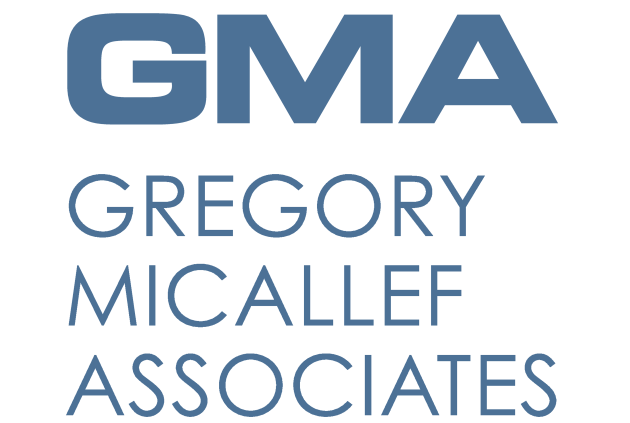The Amazon-owned producer of spoken audio entertainment ‘Audible’ is facing a lawsuit from the Association of American Publishers (AAP) on the grounds that its new “Audible Captions” speech-to-text subtitles feature may violate copyright law.
Audible Captions
Audible Captions, which was announced by the largest producer of audiobooks via a YouTube video back in July, is a feature that allows text captions to appear on-screen and progressively highlights the words as a novel is narrated. The feature also highlights and gives definitions for certain words in the captions and allows the user to translate text into other languages.
Objections – Lawsuit
Audible’s plans to roll-out the Captions feature attracted almost immediate complaints and concerns by authors, publishers and literary agents on social media over possible copyright law violations, along with accusations that Captions appears to make quite a few mistakes per book. Eventually, a lawsuit was filed at the District Court for the Southern District of New York by the Association of American Publishers (AAP) which includes seven of the top US publishing companies, such as Penguin Random House, and HarperCollins Publishers.
Injunction
The lawsuit, which seeks a preliminary injunction to stop the September launch of Audible Captions argues that the feature could give Audible a competitive advantage over other audio-book providers who aren’t in a position to utilise speech-to-text technology, and that displaying the text of Audible books may amount to illegal reproduction and distribution of those books, thereby potentially breaching copyright laws and adversely affecting publishers’ profits. The AAP members also appear to be angry that the mistakes (transcription errors) made by the AI aspect of Captions could add up to the equivalent of 18 pages of inaccuracies in 300-page book. The AAP’s legal action has also attracted the support of the US Authors Guild. Executive Director, Mary Rasenberger, makes the point that “Text and audio are different book markets, and Audible is licensed only for audio. It has chosen to use its market power to force publishers’ hands by proceeding without permission in clear violation of copyright in the titles.”
What Does Audible Say?
Amazon-owned Audible has argued that Audible Captions are an educational and accessibility innovation, and that the Captions, which allow listeners to simply follow along with a few lines of machine-generated text as they listen to the audio are not and were never intended to be a book, and therefore, can’t be judged like one (with copyright law).
What Does This Mean For Your Business?
In addition to their anger over allegedly not being consulted by Audible about using the feature, the big publishers and Authors Guild appear to see Captions as a competitive advantage that represents a threat to their existing benefits, profits, and market positions. For Amazon, a company that has grown and diversified and made major inroads into multiple markets, the lawsuit is not only another dose of bad publicity e.g. following recent concerns by China Labour Watch (CLW) about possible child labour being used in the manufacture of the Amazon Echo, but it’s a reminder that there are still other powerful players in the publishing market and that laws regarding copyright need to be studied and adhered to, no matter how big the market player. It is not clear when Captions will be released but it is unlikely that Amazon’s Audible would want to be delayed too long in releasing a value-adding feature that could provide a competitive advantage.


